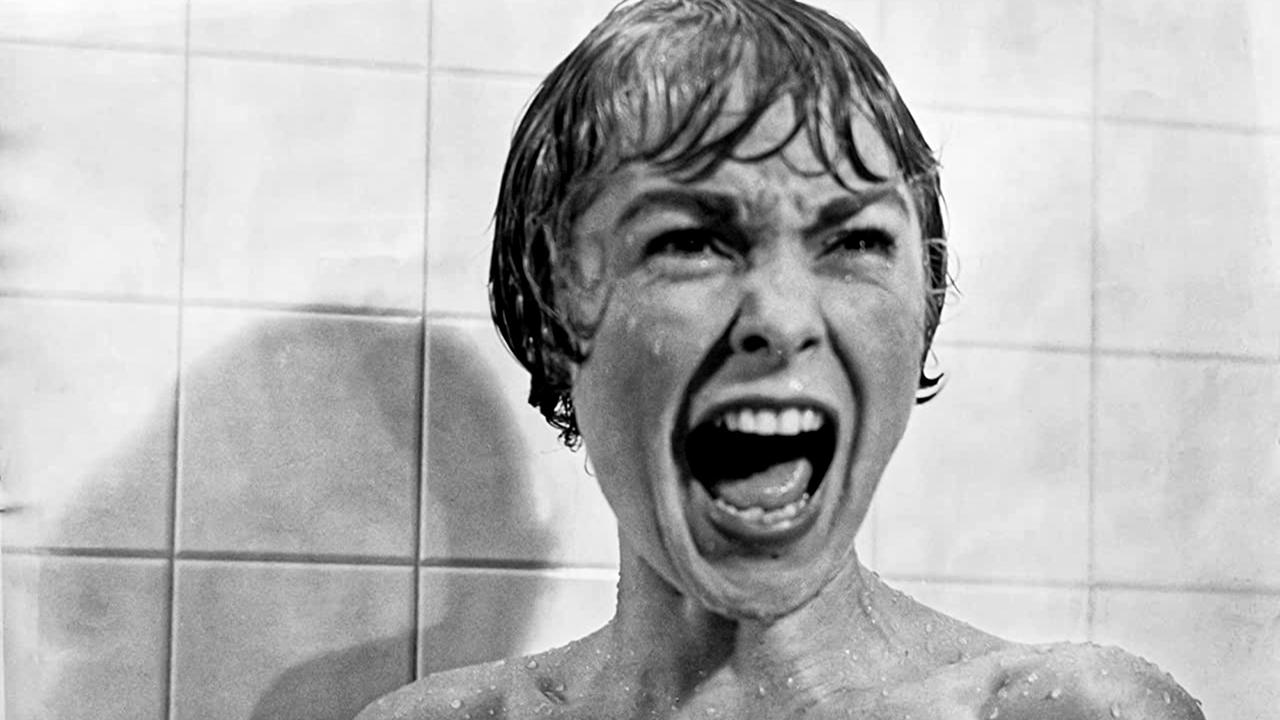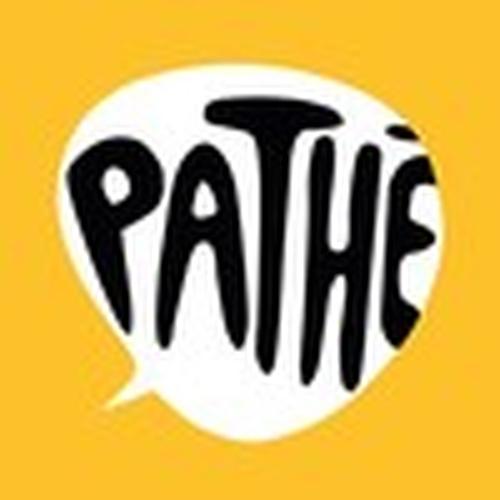
 Psycho
— A new and altogether different screen excitement!
Psycho
— A new and altogether different screen excitement!
Psycho

When larcenous real estate clerk Marion Crane goes on the lam with a wad of cash and hopes of starting a new life, she ends up at the notorious Bates Motel, where manager Norman Bates cares for his housebound mother.
















































It is hard to come to a film like Psycho without at least some awareness of the likely surprises in store - the famous moment in the shower is so indelible in pop culture that it has lost its shock factor. Yet, in the context of the film it is still a surprising moment. What is so clever about Psycho is that the first half of the film suggests an entirely different genre and approach. Hitchcock creates a fascinating set-up and moral dilemma that keeps the audience intrigued so that by the time our heroine makes her decision to resolve this issue, you could be forgiven for forgetting the title of the film. But it is the arrival at the Bates Motel and Perkins’ entrance that immediately signals a change in tone, specifically a fascinating conversation between Perkins and Leigh in the motel parlour. It is Perkins’s nuanced performance throughout the film that suggest both a softly spoken innocence and a creepy underlying darkness to Norman Bates, and this is never more clear than in his introduction, as the focus of the audience shifts from Leigh’s character to Perkins. There is little to be added to the already iconic shower scene other than it is a masterclass in editing, music and performance (the shot that pulls back from the victim’s eye is still both horrifying and utterly mesmerising). The second half of the film could have struggled to live up to this and to a certain extent it does, but in the ensuing investigation, Hitchcock of course has one or two more surprises in store that are best left unspoiled and Perkins’ performance ensured that the loss of one great character would not be detrimental to the overall film. It is a shame the final scene feels the need to over explain the events of the film, but the final shot certainly leaves a great impression.